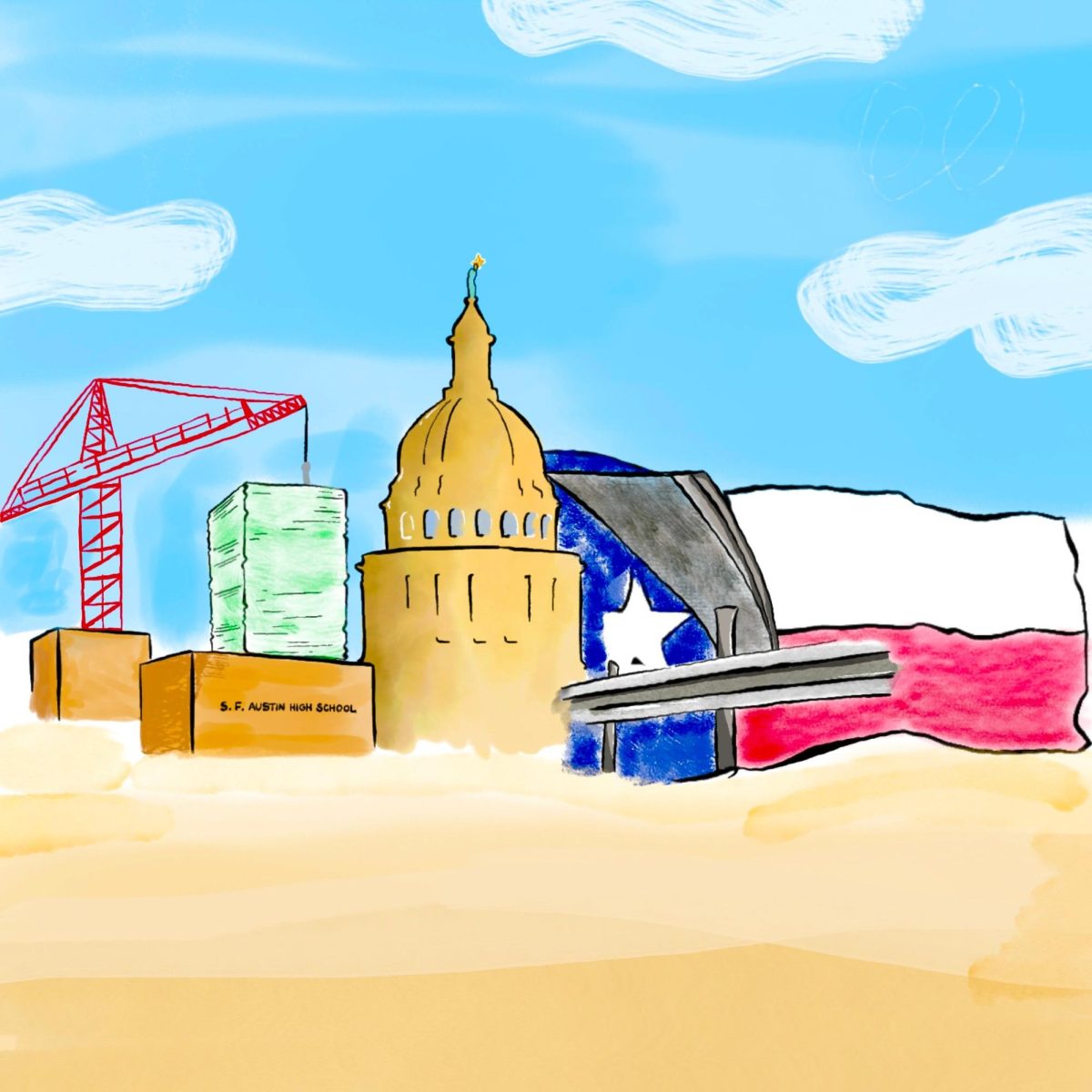Ten years after 9/11, UT alumnus Junaid Rana came back to enlighten students about how racism can involve more than the way someone looks — it can also extend to religion.
In post-9/11 America, people are commonly profiled not simply by their age, gender or color but also by their religion. Rana, an associate professor of Asian American studies at the University of Illinois who graduated from UT in 2004, said since 9/11, a specific type of racism has emerged: Islamophobia.
In his new book, “Terrifying Muslims: Race and Labor in the South Asian Diaspora,” Rana describes the evolution of the term Islamophobia.
“It is not just a visual anymore; it is not just phenotype,” Rana said. “It is your name. It’s where you live. It’s where you go. It’s who you interact with.”
The Center for Asian American Studies at UT invited Rana and two other anthropology experts, Kamala Visweswaran and Syed Mubbashir Abbas Rizvi, to the University to discuss Rana’s analysis of Islamophobia. Rizvi said race has always been a factor for discrimination and has been treated as a taboo in modern times. However, the panel said the book offers a stepping stone away from this taboo.
“These are not the kinds of issues you are going to hear about on CNN or read in The New York Times. It tells you what the devastating consequences of 9/11 were for Islamic families who were instantaneously profiled and often ripped apart,” Rizvi said.
Assistant anthropology professor Nhi Lieu called the book path-breaking.
“No one really talks about the subject of Islamophobia, if you will, at least not in such a broad, in-depth context,” Lieu said.
Rana’s book chronicles the worldviews of Pakistani labor migrants as they become part of the global workforce. It describes how many migrant workers will have to temporarily move to a new countries multiple times in order to build up enough experience to go to the country they want. In Pakistan today, women and children are trafficked for sex. Men and boys are also trafficked out of Pakistan.
“Many call it labor migration, but it is definitely a form of trafficking and racial discrimination,” Rizvi said.
Rana theorized a strong shift in American culture has made it okay to discriminate against others because it has now become commonplace to see discrimination in every walk of life, whether you are Jewish, African-American, Caucasian, Christian or Muslim.
Kamala said it doesn’t matter how you dress or do your hair anymore, it is more about who you are in the most personal sense — even when it comes to religion.
“Islamophobia … I think you [Rana] say it very nicely, but it also seems to me that there is an Islamofascism culture [in America] as well. I was surprised not to see [the other culture] mentioned,” Kamala said.
Anthropology graduate student Chelsi West said the emergence of Islamophobia can be seen not just in Pakistan but as far away as Albania.
“I do field work in Albania, so I am very interested to see how the definition of Muslims has evolved,” West said. “Particularly [in] southwest Asia.”
The cause of these phenomena still remains a mystery, but the panel agreed it is very much in existence. Rana said America is known as the land of the free and the home of the brave, but in this case, people of the Islamic faith are being imprisoned by the confines of their religious beliefs.
The panel said that the only way to create change is to talk about Islamophobia.
Printed on September 12, 2011 as: Author compares racism to religious prejudices

















